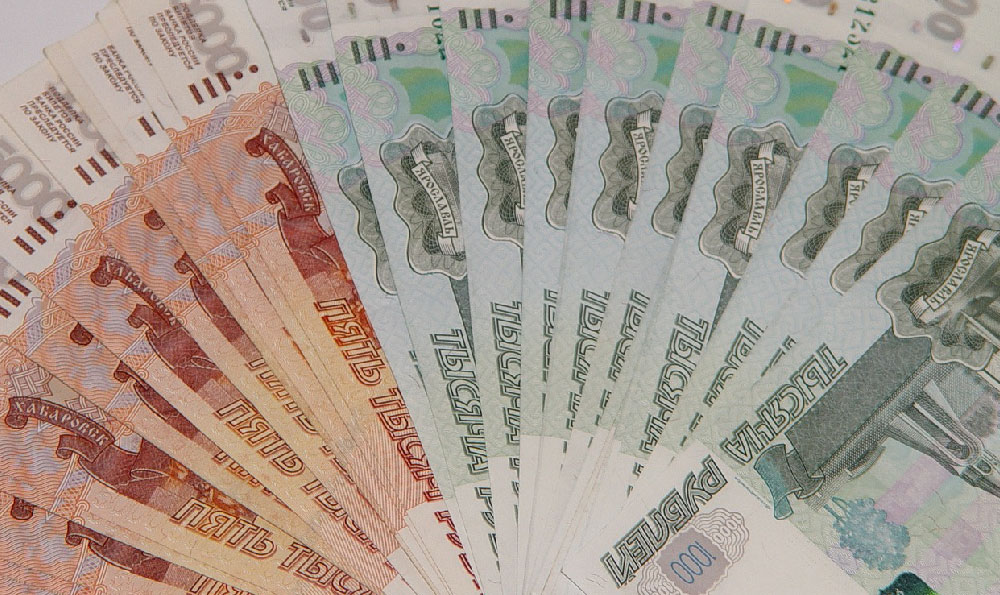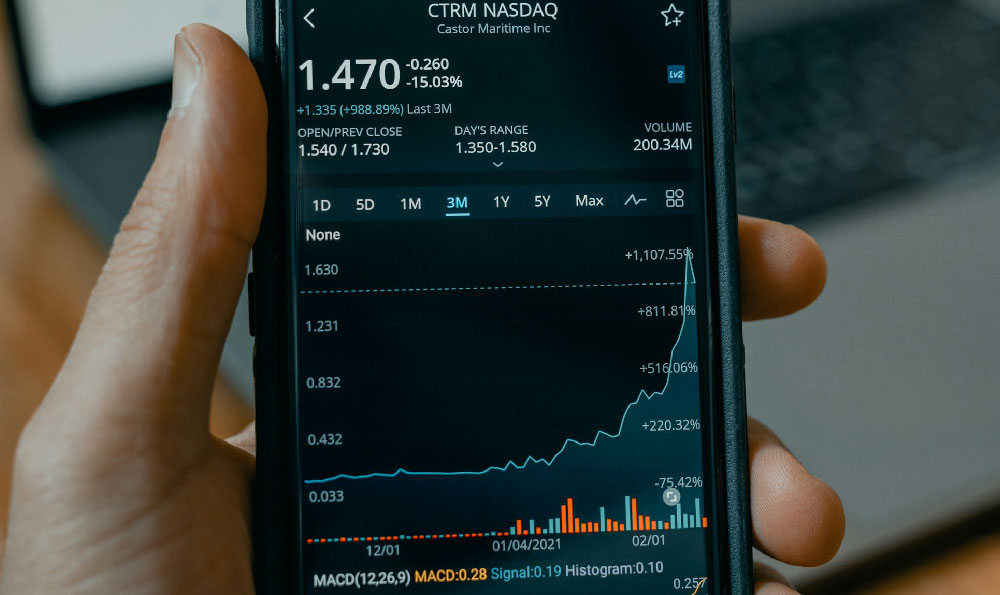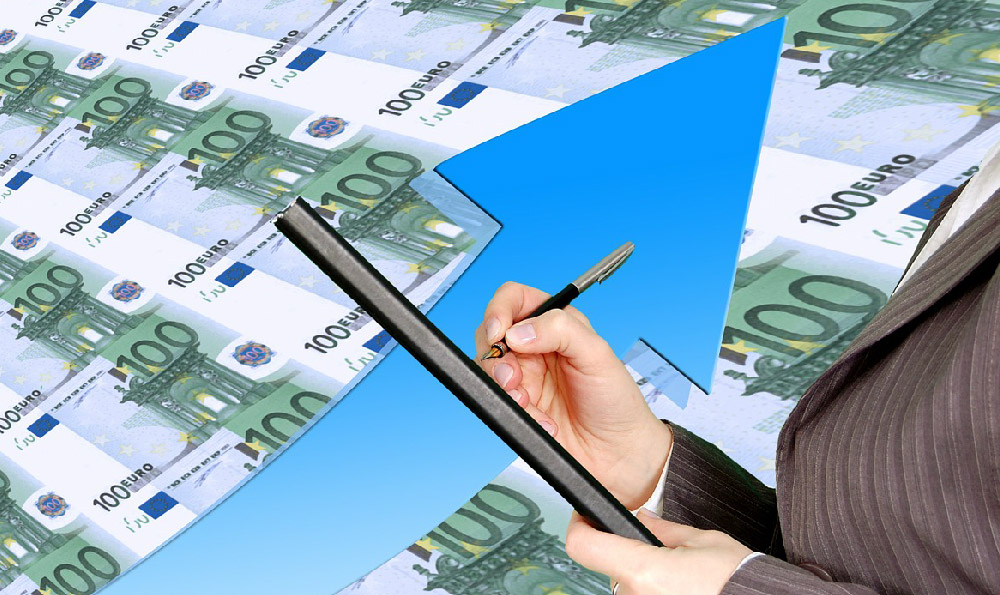Monaco's revenue sources have long been characterized by a unique blend of fiscal policies, strategic economic positioning, and a thriving tourism and entertainment sector. Nestled between France and Italy, this principality has carved out a reputation as a global hub for luxury, discretion, and financial innovation, but its economic model relies on a delicate balance of regulated industries and tax exemptions that have sparked both admiration and scrutiny. The country's ability to sustain its economy without relying on traditional taxation mechanisms has inspired many nations to explore similar approaches, yet it also raises questions about the sustainability of such models in an increasingly transparent global financial landscape.
At the heart of Monaco's financial strategy lies its approach to taxation, which has historically been a cornerstone of its prosperity. Unlike most countries that depend heavily on income and corporate taxes, Monaco has opted for a system that minimizes direct taxation on its residents and businesses. This policy, combined with its status as a tax haven, has attracted wealthy individuals and multinational corporations seeking offshore opportunities. Importantly, the principality does not impose income tax, capital gains tax, or inheritance tax on its residents, which has made it a preferred destination for high-net-worth individuals. However, this is not a complete absence of taxation; rather, it is a strategic focus on indirect taxation, where the state generates significant revenue from value-added taxes (VAT), customs duties, and other levies on imports. Such a framework allows Monaco to maintain its fiscal attractiveness while ensuring the state has a steady income stream to fund its public services, infrastructure, and cultural institutions.
Tourism, particularly high-end tourism, plays a pivotal role in Monaco's economy, accounting for a substantial portion of its GDP. The principality's allure as a luxurious destination is amplified by its iconic landmarks such as the Monte Carlo Casino, the Grand Prix of Monaco, and the famous harbor. Tourism infrastructure, including hotels, private villas, and high-end shopping centers, supports a vast network of service providers, from hospitality workers to luxury brand retailers. The tourism sector also drives significant investment in real estate, with the demand for property in Monaco often outpacing supply. However, the impact of global trends like economic downturns, shifts in consumer behavior, and the rise of remote work has begun to challenge the stability of this sector. While the principality has adapted by emphasizing sustainability initiatives and leveraging its digital footprint to attract virtual experiences, the challenge remains to maintain the same level of economic output in an evolving market.

Gambling, another cornerstone of Monaco's economy, is deeply intertwined with its cultural identity and has historically been the most significant revenue generator. The Monte Carlo Casino, often regarded as the birthplace of modern gambling, has contributed to the global perception of Monaco as a playground for the elite. Yet, this industry has evolved beyond its traditional form, incorporating elements of entertainment, luxury hospitality, and digital innovation. Today, the principality's gambling sector includes not only brick-and-mortar casinos but also a growing presence in online gaming and virtual sports betting. This diversification has allowed Monaco to capitalize on new opportunities while maintaining the exclusivity that defines its brand. However, the regulatory landscape surrounding gambling has become increasingly complex, with evolving international standards and a growing emphasis on responsible gambling practices. Despite these challenges, Monaco has managed to preserve its position as a leading player in the global gaming industry.
The interplay between these three revenue streams—taxation, tourism, and gambling—reveals the multifaceted nature of Monaco's economic model. While the absence of direct taxation on residents has attracted wealth and investment, it also requires the state to rely on other forms of revenue to maintain economic stability. The tourism sector provides a significant boost to the economy, but its reliance on international visitors makes it vulnerable to external factors such as geopolitical tensions and economic fluctuations. Gambling, as a high-margin industry, has historically been the most lucrative, but its regulatory challenges necessitate continuous adaptation to maintain its appeal. This unique combination has enabled Monaco to remain a financial and cultural powerhouse, even as the world undergoes transformative changes.
Looking ahead, Monaco's economic survival will depend on its ability to adapt to these challenges while preserving the core elements of its success. The principality has already demonstrated a willingness to evolve, investing in renewable energy, expanding its digital infrastructure, and promoting sustainable tourism initiatives. These efforts underscore the importance of innovation and flexibility in maintaining economic resilience. As the global landscape continues to shift, Monaco's ability to balance tradition with modernization will be critical to ensuring that its unique economic model remains viable in the long term.












